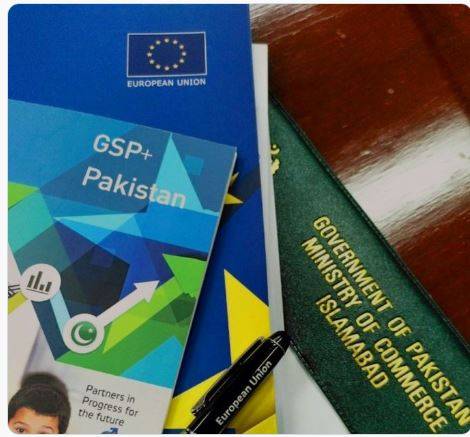Islamabad: The European Union has expressed concerns over forced disappearance, torture and restrictions on media freedom in Pakistan in violation of international treaties.
The joint monitoring report of Pakistan’s Generalised Scheme of Preference, known as GSP plus, has also raised questions on “pervasive corruption”, and use of anti-corruption rhetoric and legal cases for political purposes.
❗️#UPDATE EU has released 4️⃣th GSP Report!
— EUPakistan (@EUPakistan) November 21, 2023
Report evaluates the implementation of 27 intl core conventions in beneficiary countries,incl ???????? for sustained benefits.
It points areas where progress is needed.
Since award of GSP+????????’s exports to EU ⬆️ by 108%
Link to report pic.twitter.com/TU49n6KgPM
The report has also underlined that “despite continuous civilian rule since 2008, the military has played an outsize role in politics and the economy” of Pakistan.
The EU block has released the report as part of the monitoring on the implementation of the 27 international conventions that Pakistan has signed and committed to implement for continuous duty-free access to the European markets.
The EU urged Islamabad to implement laws in their true spirit for protection of the economic, social and political rights.
“While legislative reforms are significant, important concerns remain, notably on enforced disappearances, on allegations of torture as well as on restrictions of freedom of expression, and media freedom,” states the joint monitoring report.
The European Commission and the European External Action Service (EEAS) have published the joint report on GSP. Joint Report to the European Parliament and the Council on the Generalized Scheme of Preferences covering the period 2020-2022 also mentions the May 9 riots and subsequent trials of civilians in the military courts.
The report further stated that while first steps to reduce the scope of the death penalty have been taken, further efforts are needed to align with international standards, namely by introducing a comprehensive revision of the mercy petition procedure.
Also, freedom of religion or belief and rights of persons belonging to minorities continue to be regularly violated, despite some efforts regarding interfaith dialogue, according to the report.
The EU said that corruption, both political and economic, continues to be perceived as pervasive, and questions are raised on the independence of the National Accountability Bureau (NAB). Anti-corruption rhetoric and legal cases are heavily politicised, it added.
Pakistan was awarded GSP plus status in January 2014 after the country had ratified 27 international conventions and committed to implement them. The GSP plus incentive grants Pakistan zero-rated or preferential tariffs on nearly 66% of tariff lines, enhancing the country's ability to export to the EU market.


